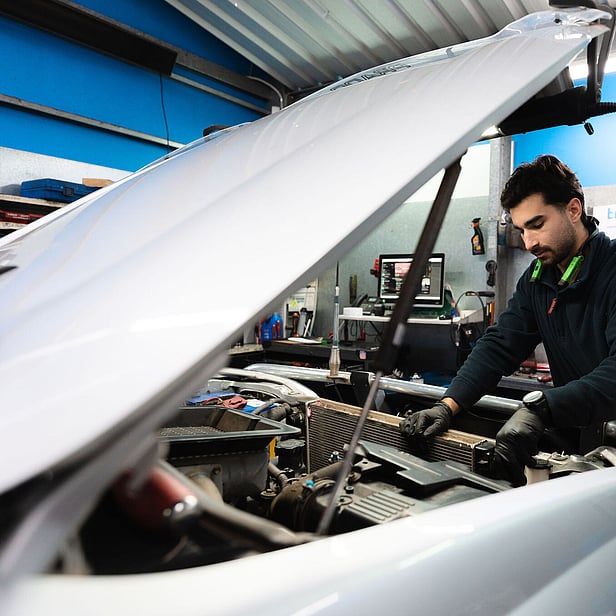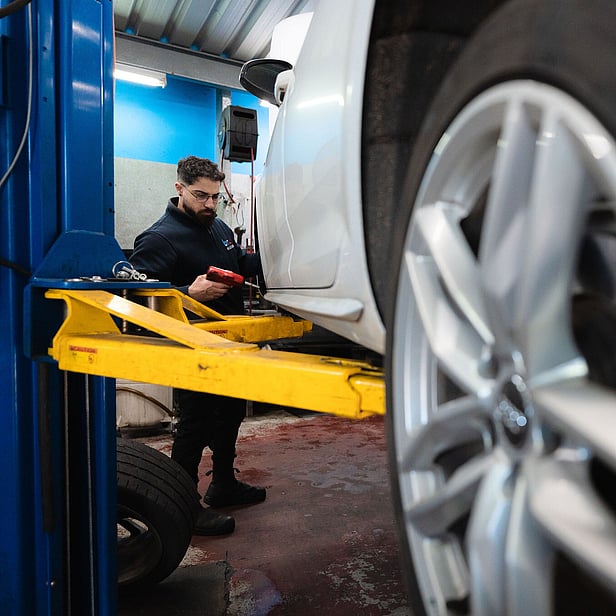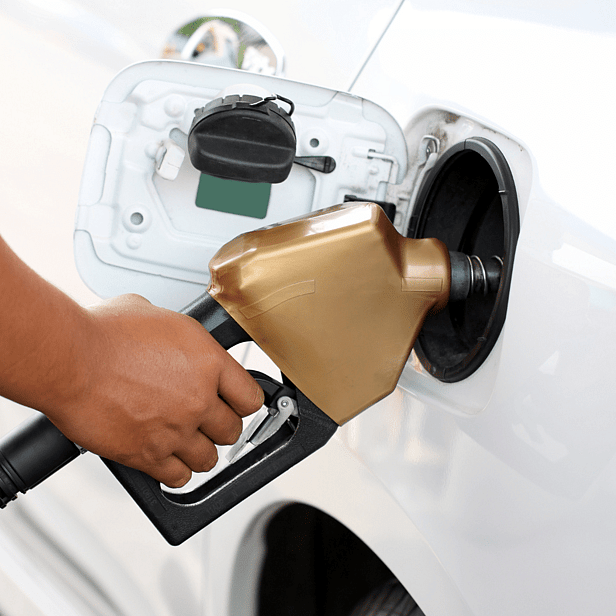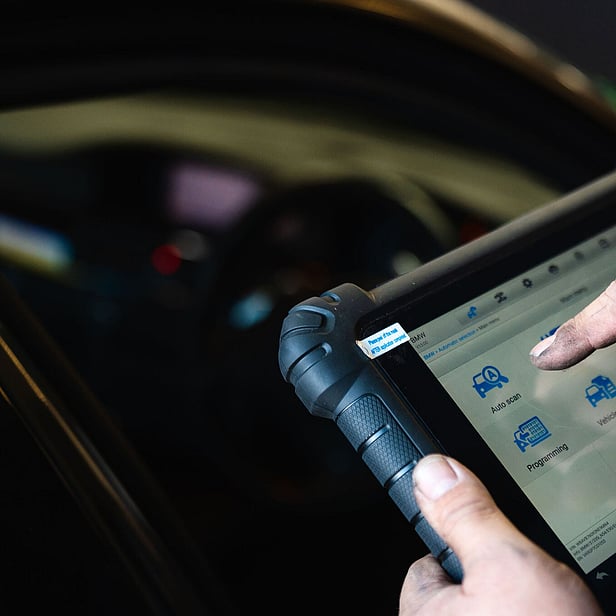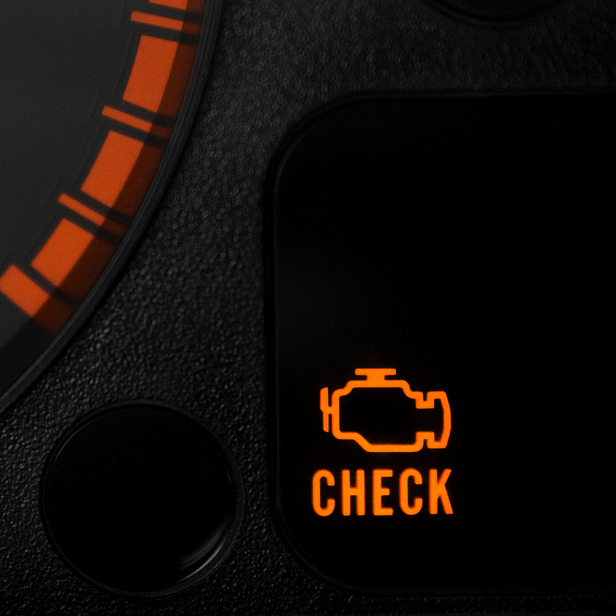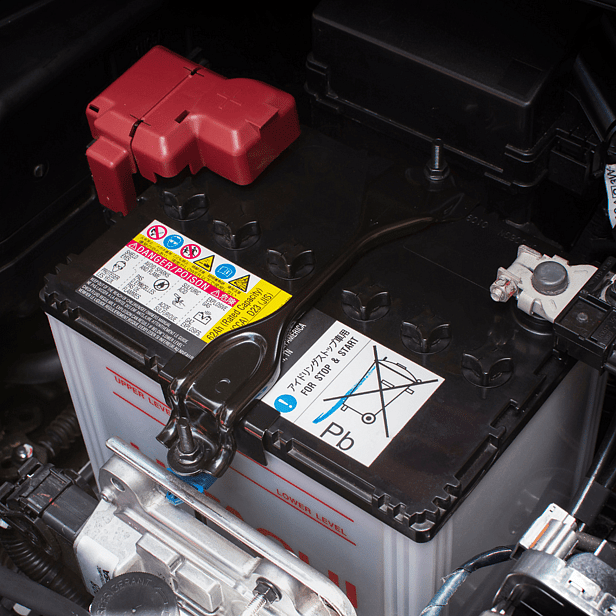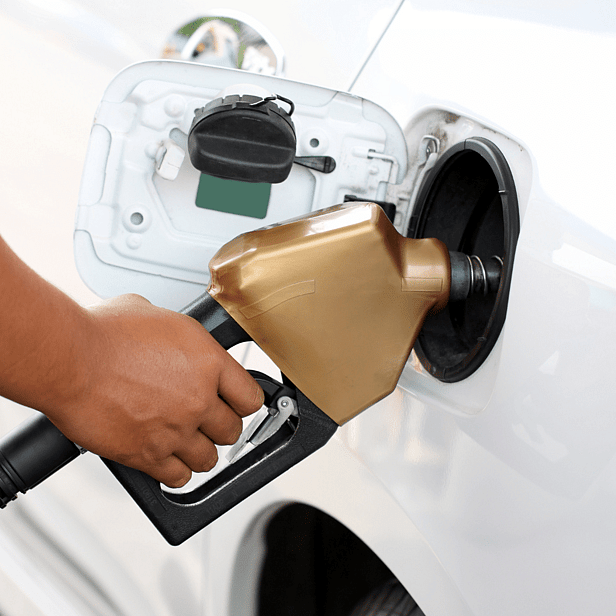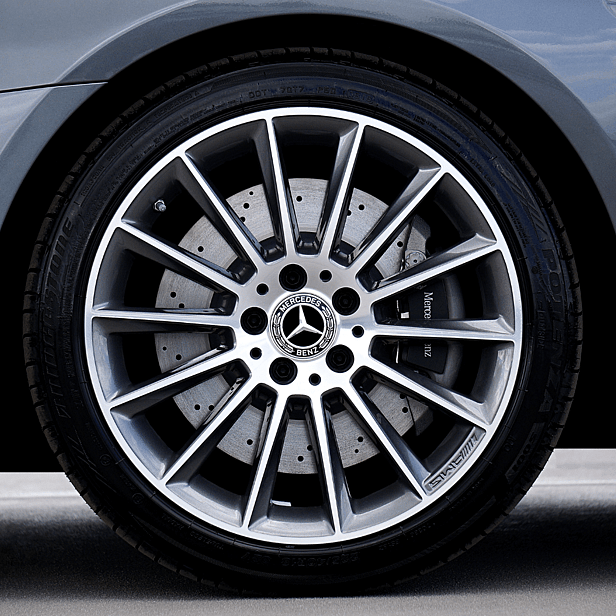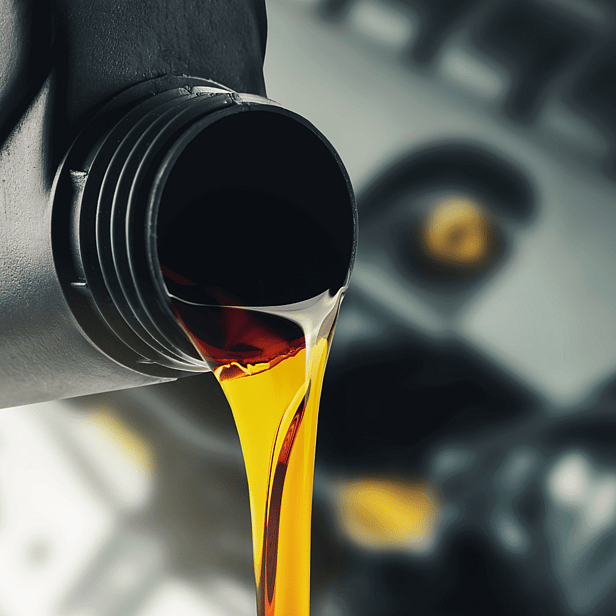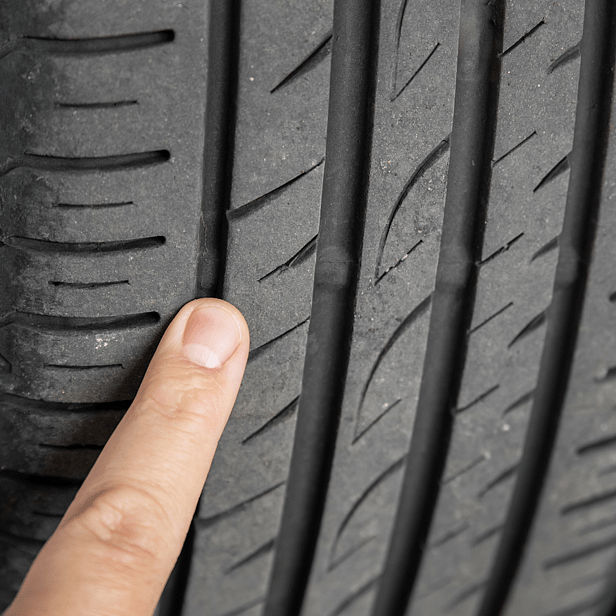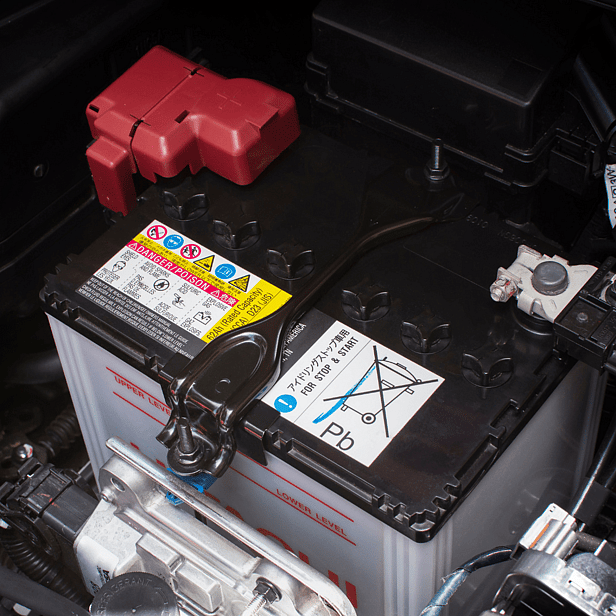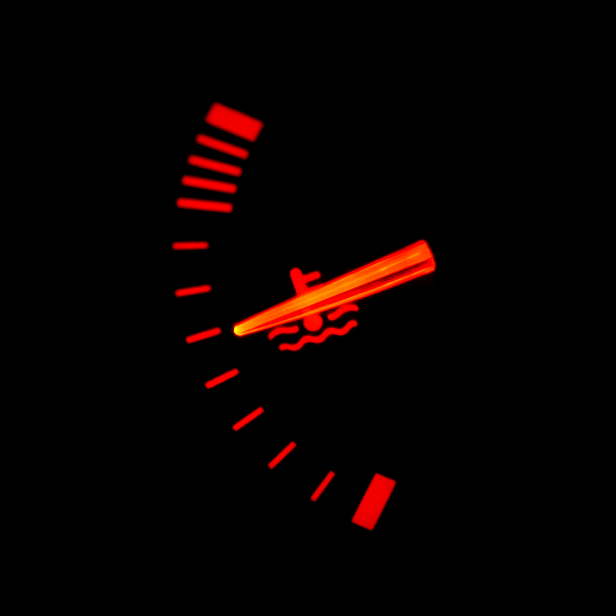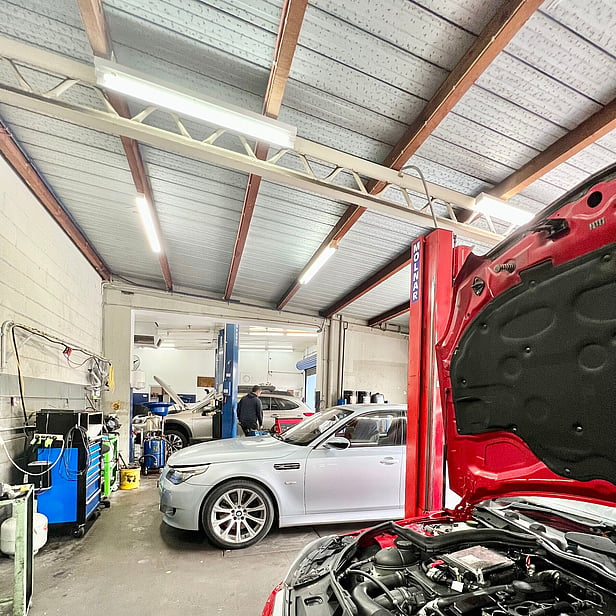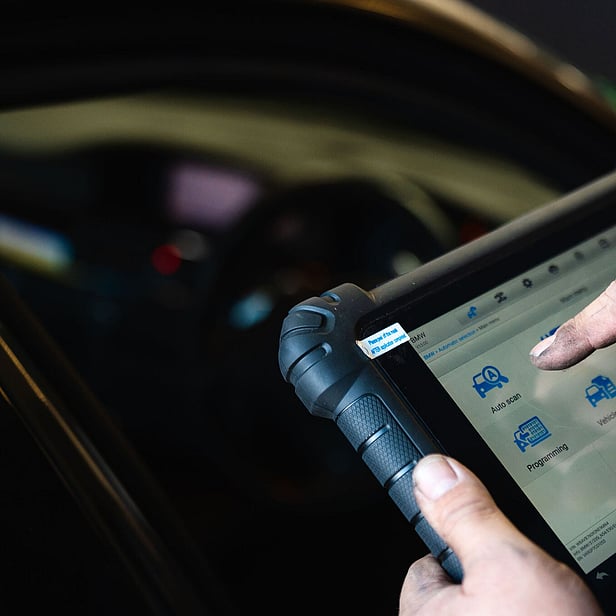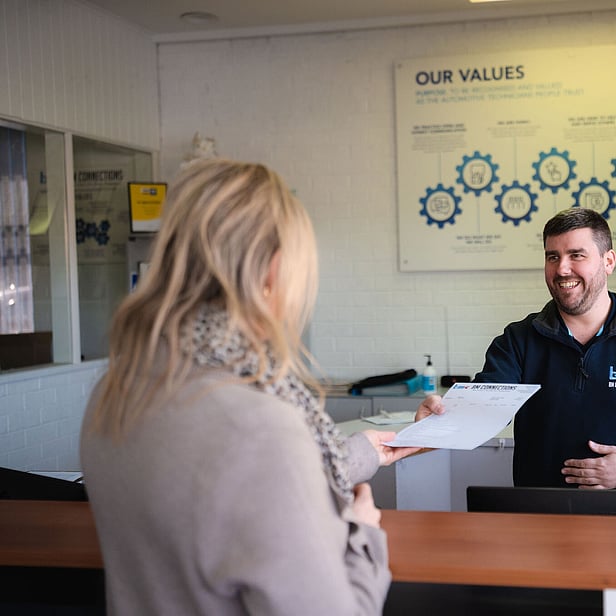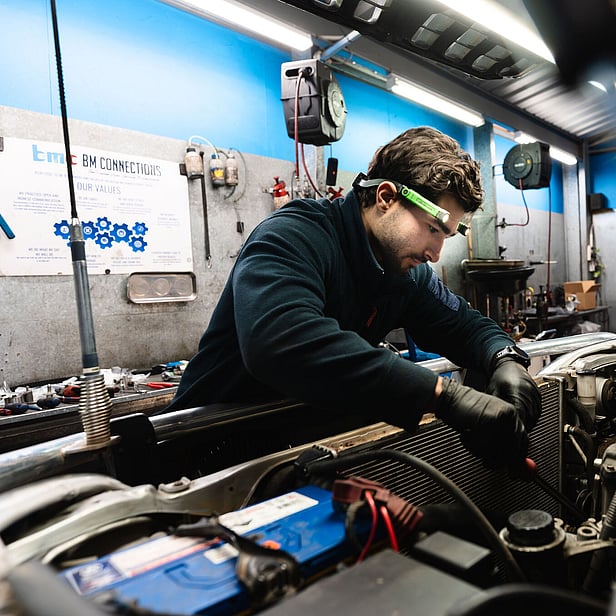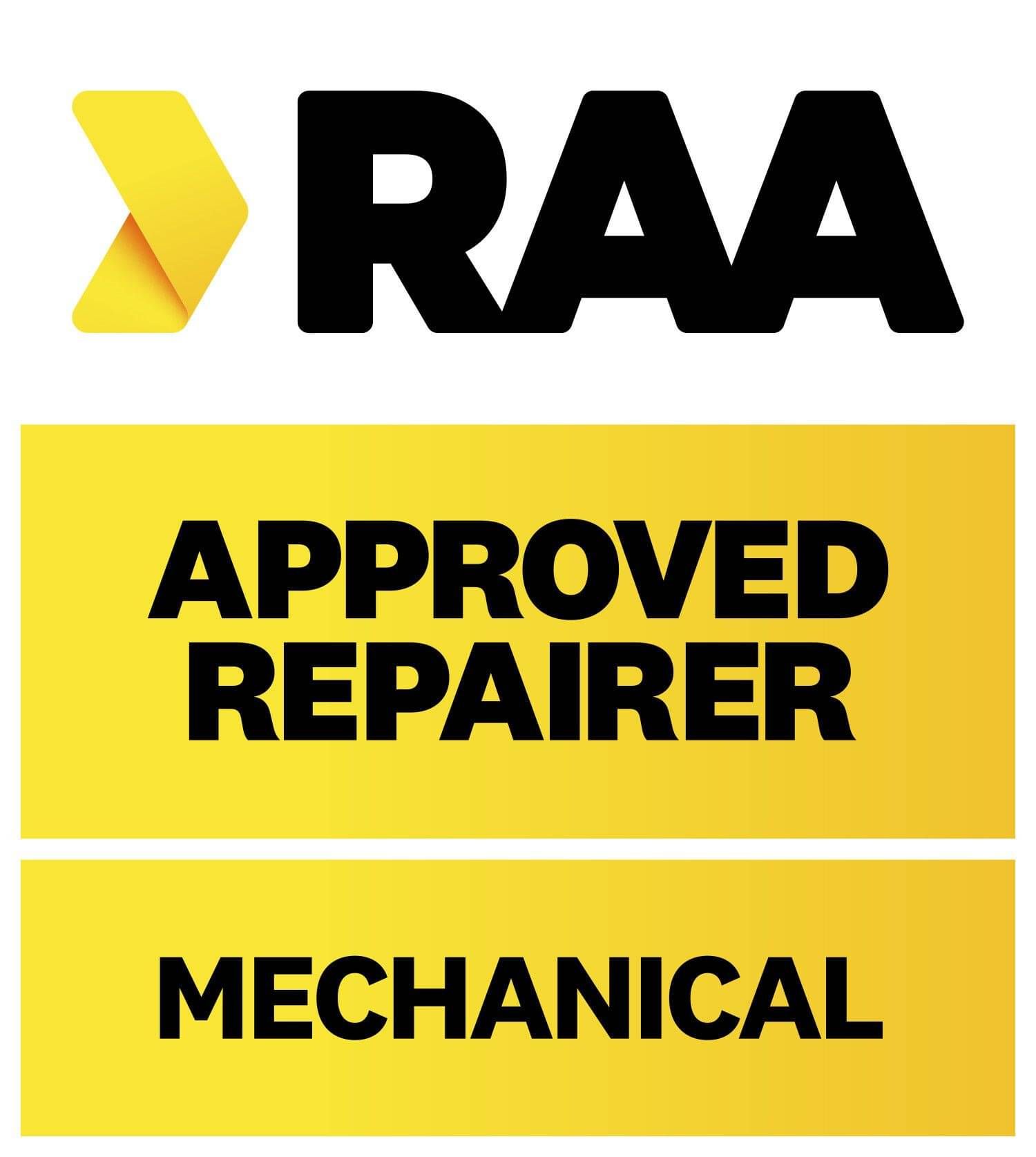CAR ADVICE
Is Your Car Ready for Winter?
TYRES - Tyres that are worn, or have low pressure, have less ability to disperse water while you drive. They would also have less friction with the road, which could make the road seem extra slippery when wet.
WIPERS - If your wipers are squeaky, shuddering or smearing moisture, you will have poor visibility in wet weather.
BRAKES - Rain causes oil and grease to rise to the surface of the road, which makes the road extra slippery. When braking, it is important to come to a slow halt and keep a distance from other cars.
What Common Problems Can Be Detected During A Car Service?
Declining Brake Performance: over time, brake components begin to deteriorate, which impacts their ability to come to a smooth halt.
Leaks: oil and coolant leaks may not always be obvious, however they do get reported during servicing, which can prevent engine damage.
Premature Tyre Wear: either caused by wheel alignment, suspension issues, or incorrect tyre pressures. You will save money if this is detected early.
How Do You Know When It’s Time to Replace Your Battery?
The car battery is recharged by the alternator, while the engine is running.
During a service, we test the condition of the battery, and the operation of the alternator.
If either fail the test, the battery could die at any time.
In this case, we'd suggest a replacement, to avoid your car letting you down without warning!
How Can A Service Improve Your Car's Fuel Efficiency?
To run efficiently, your engine needs a steady flow of clean air, and that starts with the air filter. If the filter is blocked, it restricts airflow and can increase fuel consumption. We check the air filter during every service and replace it if needed.
At the same time, we drain and replace the engine oil to reduce friction inside the engine. Fresh oil helps your car run smoother and more efficiently, which also helps reduce fuel use.
What Does It Mean If The Temperature/Coolant Light or Oil Light Is On?
The temperature/coolant light: Coolant is what maintains the temperature of the engine. This light being on could mean your vehicle is a) low in coolant, or b) your car is at risk of over-heating.
The oil light: If the oil light appears in red, address it immediately! It could mean a) there is low oil pressure, or b) the oil level is low.
What Does It Mean If The Temperature Gauge Is High?
It's essential to monitor the temperature gauge, especially in warm weather.
Most cars will operate halfway between the hottest and coldest readings. If the temperature gauge rises above halfway towards the hotter end, there is a likelihood that there is a problem with the cooling system.
NEVER drive the vehicle if the temperature gauge is high.
Buying A Used Car?
If you're thinking of buying a used car, here are some important questions to ask the seller:
What is the service history? Where was it being serviced? Have there been any repairs (e.g., to brakes)? How old are the tyres? What sort of driving has it done - city driving or country driving? Are there any issues outstanding on the car? Has the vehicle been in any accidents, and what was the damage?
We can professionally inspect the used car you're considering you're buying to give you peace of mind when you purchase.
Why Is It Essential To Have Your Car Serviced?
Your car might feel fine, but regular servicing plays a crucial role in keeping you safe, protecting your warranty, and preventing costly damage down the track.
Issues like worn brakes, degraded oil, or low coolant often show no warning signs, until it’s too late.
What Does 'ESC' mean?
Since 2013 it has been compulsory for all new passenger cars sold in Australia to be fitted with ESC (Electronic Stability Control).
It is an important safety measure that prevents the risk of skidding or loss of control of the vehicle when changing direction suddenly, particularly at a fast speed.
It detects when there has been a change in terrain (i.e., dirt road to bitumen) and helps to keep the driving stable.
A light will appear on the dashboard when this system is activated.
